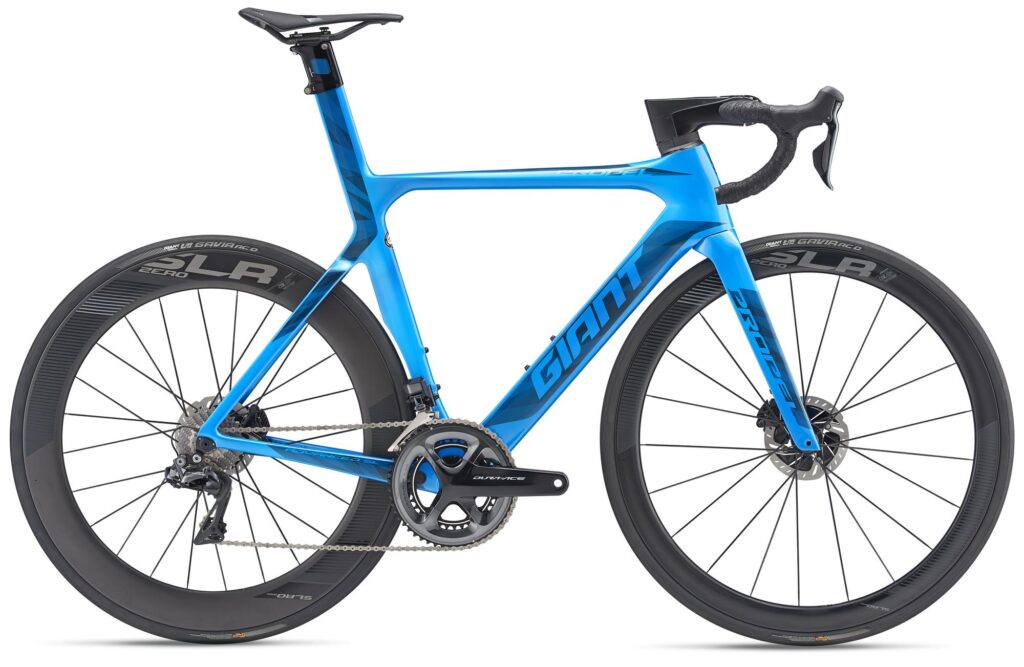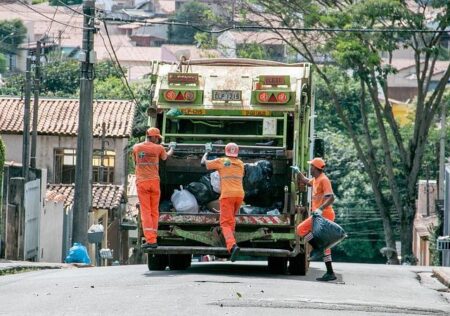Title: Giant Bikes and Accessories Blocked from U.S. Entry Amid Allegations of Forced Labor
In a significant development for the cycling industry, shipments of Giant bicycles and related accessories manufactured in Taiwan have been barred from entering the United States due to allegations of forced labor linked to the production practices of the company. The U.S. Customs and Border Protection (CBP) has taken a firm stance, citing concerns over human rights violations as a driving factor behind the enforcement action, which underscores the growing scrutiny surrounding supply chains in global trade. This decision not only impacts Giant, one of the world’s largest bicycle manufacturers, but also raises broader questions about labor conditions in the international manufacturing landscape, igniting a debate over ethical sourcing and corporate responsibility. As lawmakers and advocacy groups call for stricter enforcement of labor laws, the cycling community and consumers alike are left to grapple with the implications of this unprecedented move.
Giant Bicycles Faces Import Ban Amidst Rising Concerns Over Forced Labour Practices
The recent decision to prevent Giant Bicycle products, including a wide range of bikes and accessories manufactured in Taiwan, from entering the United States, has sparked significant controversy. Allegations of forced labour practices have emerged, leading to increased scrutiny on the bicycle industry as it grapples with ethical supply chain concerns. Advocacy groups have raised alarms over the labor conditions in some manufacturing facilities, suggesting that workers may be subjected to exploitation and unfair treatment. This has prompted U.S. Customs and Border Protection to take a firm stance, resulting in an increasing number of import bans tied to ethical manufacturing concerns.
While Giant has steadfastly denied any involvement in forced labour allegations, the situation has heightened calls for transparency and accountability across the entire cycling supply chain. Analysts suggest that this situation may have wider implications, impacting not only Giant’s operations but also those of other companies in the sector that rely on similar manufacturing sources. As the debate unfolds, stakeholders from different fronts, including environmental groups and consumer advocates, are urging stronger regulations to ensure ethical practices. The potential impact of these allegations could reshape the landscape of the bicycle industry, prompting brands to reevaluate their sourcing strategies to maintain consumer trust.
Investigating the Impact of Taiwanese Manufacturing on Global Supply Chains
The recent ban on Taiwanese manufacturing giants, known for producing high-quality bicycles and accessories, highlights the complex interplay between international trade policy and ethical labor practices. U.S. customs officials have flagged these products due to allegations of related forced labor conditions, raising concerns about the supply chain integrity that many consumers and businesses take for granted. This development not only affects Taiwanese manufacturers but also raises pressing questions about the broader implications for global supply chains, which increasingly depend on flexible dynamics and ethical sourcing. The implications ripple through various sectors, impacting availability and pricing while also reshaping consumer perceptions regarding brand responsibility.
As the U.S. government tightens scrutiny over imported goods, the situation brings to light various factors influencing the global market. Consider the potential repercussions for consumers and retailers, including:
- Increased prices: The cost of bicycles and accessories may surge due to diminished supplies.
- Supplier diversification: Companies may need to shift their sources or invest in markets not under scrutiny.
- Reputation risks: Brands associated with controversy face public backlash, necessitating transparent supply chain practices.
The U.S. administration’s commitment to enforcing labor laws represents a growing trend in emphasizing ethical production. As the investigation unfolds, stakeholders must navigate the intricate balance of maintaining robust supply chains while adhering to moral and legal standards.
Recommendations for Ensuring Ethical Production in the Cycling Industry
To mitigate the risk of ethical violations in the cycling industry, companies must prioritize transparency throughout their supply chains. This includes conducting thorough audits and ensuring that all suppliers comply with international labor standards. Key strategies for fostering ethical production can include:
- Implementing a strict code of conduct for suppliers that aligns with human rights principles.
- Engaging third-party organizations to perform regular assessments of labor practices.
- Encouraging worker participation and feedback mechanisms to identify and address issues promptly.
- Investing in training programs for workers on their rights and available resources.
Moreover, companies should develop partnerships that strengthen the integrity of their operations. Collaborating with local NGOs can provide valuable insights into communities and labor practices, enhancing accountability. Additionally, companies can adopt sustainable sourcing practices by:
- Investigating the origins of raw materials to ensure ethical procurement.
- Establishing long-term relationships with suppliers committed to fair labor practices.
- Offering incentives for suppliers who maintain high standards of ethical production.
| Strategy | Description |
|---|---|
| Transparency | Clear reporting on supply chains and sourcing practices. |
| Third-party Audits | Independent assessments to ensure compliance with ethical labor practices. |
| Worker Engagement | Encouraging feedback from workers to advocate for their rights. |
Final Thoughts
In summary, the halt of Giant bikes and accessories from Taiwan entering the United States highlights the ongoing global concerns surrounding ethical manufacturing practices. The allegations of forced labor have not only prompted stricter scrutiny by U.S. Customs and Border Protection but have also raised questions about the broader implications for international trade and the cycling industry. As consumers become increasingly aware of the ethical implications behind their purchases, the pressure mounts on companies to ensure transparency and compliance with human rights standards. The situation remains fluid, and it will be crucial to monitor how this issue evolves in the coming months, particularly as stakeholders on both sides of the Pacific seek resolution and clarity amidst these serious allegations.










